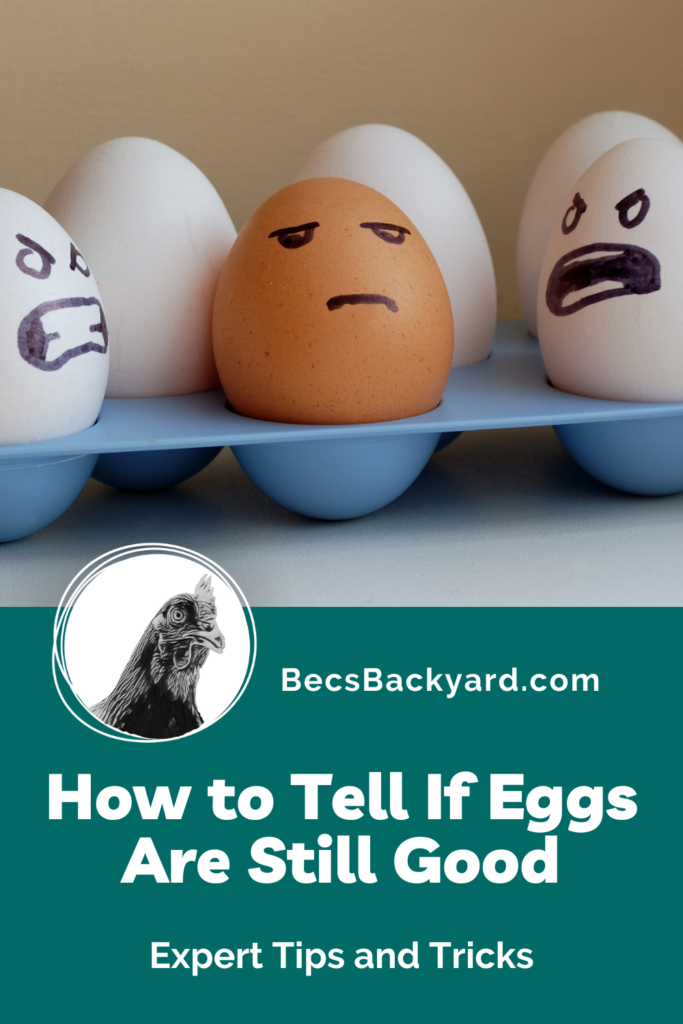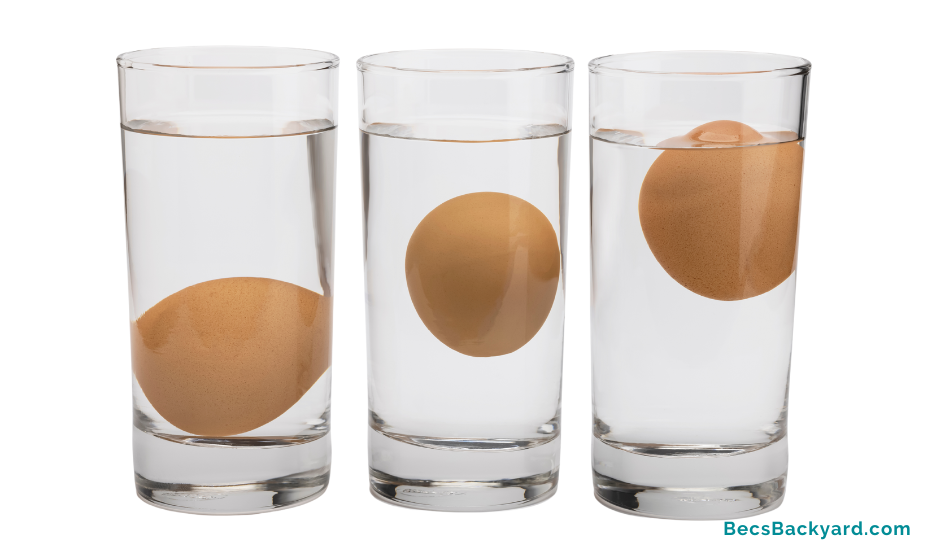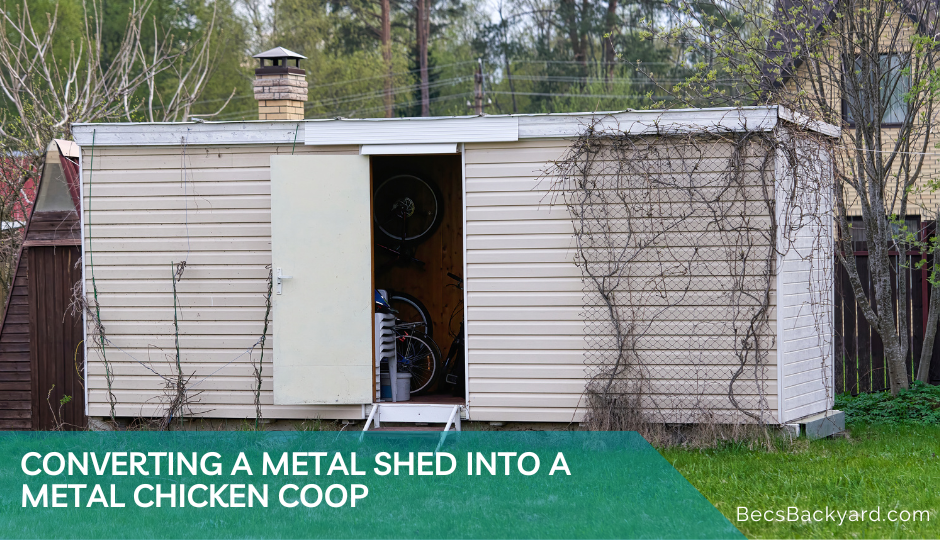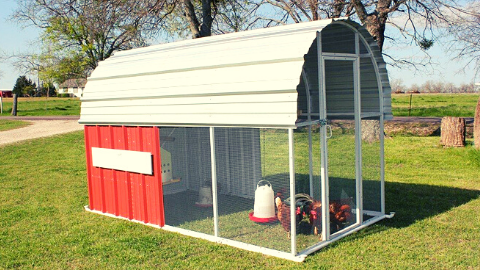How to Tell If Eggs Are Still Good: Expert Tips and Tricks

Eggs are a staple ingredient in many households, and they are used in a variety of recipes. However, it can be difficult to tell if eggs are still good or if they have gone bad. Eating a bad egg can lead to food poisoning, which can cause symptoms such as nausea, vomiting, and diarrhea. Therefore, it is important to know how to tell if eggs are still good.
One of the easiest ways to check if an egg is still good is to look at the date on the carton. However, this is not always a reliable indicator of an egg’s freshness. There are other methods that can be used to determine if an egg is still good, such as the egg float test and the sniff test. These methods are simple and can be done at home with minimal effort. By using these methods, you can ensure that the eggs you use in your recipes are safe to eat.

How to Tell If Eggs Are Still Good – Understanding Egg Freshness
When it comes to eggs, freshness is key. How to Tell If Eggs Are Still Good? Fresh eggs not only taste better but are also safer to consume. But how can you tell if your eggs are still good? Here are some things to keep in mind:
Egg Carton Dates
One of the easiest ways to determine the freshness of your eggs is to check the date on the carton. However, it’s important to note that the date on the carton may not always be accurate. Some dates are when the eggs were packed, while others are best-buy dates. It’s always best to do some additional testing to ensure your eggs are still good.
Egg Float Test
The egg float test is a simple way to determine if your eggs are still fresh. Fill a bowl with water and gently place the egg in the water. If the egg sinks to the bottom and lays flat on its side, it’s still fresh. If it stands upright on the bottom, it’s a little past its peak but still safe to eat. However, if the egg floats to the top, it’s old and should be discarded.
Candling Test
Another way to check the freshness of your eggs is to do the candling test. Hold a flashlight up to the egg and look for any signs of cracks or spots. If the egg looks clear, it’s still fresh. If you see any dark spots or discoloration, the egg is no longer fresh.
Sniff Test
If all else fails, you can always do the sniff test. If your eggs smell bad, throw them out. Rotten eggs have a distinct sulfur-like smell that is hard to miss. Trust your nose and err on the side of caution when it comes to consuming eggs.
By keeping these tips in mind, you can ensure that your eggs are always fresh and safe to eat.
Visual Inspection
How to Tell If Eggs Are Still Good? One of the easiest ways to tell if an egg is still good is to visually inspect it. Here are some things to look for:
Shell Condition
The shell of a fresh egg should be clean, smooth, and uncracked. If the shell is dirty or cracked, it may be a sign that the egg has been contaminated or is past its prime. A dirty shell can also increase the risk of bacterial growth.
Yolk and White Consistency
When you crack open an egg, the yolk and white should be firm and hold their shape. If the yolk is flat or the white is runny, it may be a sign that the egg is old or has been contaminated. A cloudy or discolored egg white can also be a sign of spoilage.
It’s important to note that egg quality can vary based on a number of factors, including the age of the hen and the conditions in which the egg was laid and stored. While visual inspection can be helpful, it’s not always a foolproof method of determining egg freshness.
In summary, when visually inspecting an egg, look for a clean, smooth, uncracked shell and firm, well-shaped yolk and white. If any of these characteristics are off, it may be a sign that the egg is no longer fresh.
The Sniff Test
The sniff test is one of the oldest and most reliable methods to determine if an egg has gone bad. It involves using your sense of smell to detect any unpleasant odors that may indicate spoilage.
To perform the sniff test, simply hold the egg up to your nose and take a whiff. If the egg has a foul or sulfur-like odor, it is likely that it has gone bad and should be discarded. However, if the egg has no smell or a mild odor, it is probably still fresh and safe to eat.
It is important to note that the sniff test is not foolproof and may not always detect spoilage in an egg. Some eggs may have a slight odor even when they are fresh, while others may not smell at all even when they have gone bad. Therefore, it is always best to use the sniff test in combination with other methods to determine the freshness of an egg.
In addition to using your nose, you can also use your eyes to check for any visual signs of spoilage, such as cracks, discoloration, or a cloudy appearance. You can also use the float test or the shake test to further confirm the freshness of an egg.
Float Test
One of the easiest ways to tell if your eggs are still good is by using the float test. This test involves placing the egg in a bowl of water and observing its behavior. Here’s how to do it:
- Fill a bowl or cup with water, enough to cover your eggs and then some.
- Gently drop your egg into the water.
- Observe the egg’s position in the water.

Fresh Eggs
If the egg sinks to the bottom and lays flat on its side, it’s still fresh. Fresh eggs have a small air cell at the bottom, which is why they sink.
Older Eggs
If the egg sinks to the bottom but stands upright, it’s less fresh but still okay to eat. As the egg ages, the air cell at the bottom gets larger, causing the egg to stand upright.
Spoiled Eggs
If the egg floats to the surface, it’s no longer fresh enough to eat and should be discarded. This is because the air cell at the bottom of the egg has grown to the point where it causes the egg to float.
It’s important to note that the float test is not always accurate, and it’s best to use it in conjunction with other methods of determining egg freshness. If you notice any unusual odors or discoloration when cracking the egg open, it’s best to discard it.
Egg Freshness and Food Safety
Eggs are a staple in many households and are used in a variety of recipes. Knowing how to tell if an egg is still good is important for both taste and safety reasons. Eating bad eggs can lead to food poisoning, which can cause symptoms such as nausea, vomiting, and diarrhea.
One way to determine the freshness of an egg is to check the date on the carton. However, this date is not always accurate, and it is possible for eggs to still be good past their expiration date. A better way to test an egg’s freshness is to perform the egg float test.
To perform the egg float test, fill a bowl with water and gently place the egg in the water. If the egg sinks to the bottom and lies flat, it is still fresh and safe to eat. If the egg sinks but doesn’t lie flat and instead stands on one end, it is still safe to eat but not quite as fresh. If the egg floats to the top, it is too old to be eaten safely and should be composted or discarded.
It is important to note that even if an egg passes the egg float test, it can still be contaminated with bacteria such as salmonella. To reduce the risk of food poisoning, it is recommended to always store eggs in the refrigerator and to cook them thoroughly before eating. Additionally, it is important to avoid consuming raw or undercooked eggs, especially for young children, pregnant women, and individuals with weakened immune systems.
In summary, checking the freshness of eggs is important for both taste and safety reasons. The egg float test is a simple and effective way to determine an egg’s freshness, but it is still important to handle and cook eggs properly to reduce the risk of food poisoning.
Best Practices for Storing Eggs
Proper storage of eggs is crucial to ensure their freshness and safety. Here are some best practices for storing eggs:
- Keep them in their carton: Eggs should always be stored in their original carton to protect them from absorbing odors and flavors from other foods in the fridge.
- Store in the coldest part of the refrigerator: Eggs should be stored in the coldest part of the refrigerator, which is typically the lower shelves and towards the back of the unit. Avoid storing them in the door, as the temperature fluctuates too much.
- Don’t wash eggs before storing: Washing eggs before storing them can remove the protective cuticle, which makes them more susceptible to bacteria. Only wash eggs just before using them.
- Check for cracks: Always check eggs for cracks before storing them. Cracked eggs should be discarded immediately, as they are more susceptible to bacteria.
- Use within the recommended time frame: Raw shell eggs should be used within 3 to 5 weeks of purchase. Hard-cooked eggs will keep refrigerated for 1 week. Use leftover yolks and whites within 4 days.
By following these best practices for storing eggs, you can ensure their freshness and safety for consumption.
Frequently Asked Questions
Can eggs still be good if they sink but stand up?
No, if an egg stands on its end at the bottom of a bowl of water, it is not good to eat. This is because the air cell inside the egg has enlarged, causing it to float on its end. Fresh eggs will sink to the bottom and lay flat on their sides.
How can you tell if an egg is bad after cooking?
If you have already cooked an egg and are unsure if it is still good, you can perform the sniff test. If the egg smells bad, it is not safe to eat. Additionally, if the egg has a greenish color to the yolk, it is overcooked but still safe to eat.
What are the 6 ways to check the freshness of eggs?
There are a few ways to check the freshness of eggs: the float test, the candle test, the crack test, the shake test, the sound test, and the smell test. Each method involves examining the egg in a different way to determine its freshness.
Is the egg float test accurate?
The egg float test is a reliable way to determine if an egg is still good to eat. However, it is not foolproof and should be used in combination with other methods to ensure the egg is safe to consume.
How long are eggs good for?
Eggs can be stored in the refrigerator for up to 4-5 weeks after the sell-by date. However, it is important to check the freshness of the egg before consuming it.
What happens if you eat a bad egg?
Eating a bad egg can cause food poisoning. Symptoms include nausea, vomiting, diarrhea, and stomach cramps. It is important to properly check the freshness of eggs before consuming them to avoid these symptoms.

Conclusion
Knowing how to tell if eggs are still good is an important skill for any home cook or baker. By using the methods outlined in this article, you can ensure that you are using fresh, safe eggs in your recipes. Remember to always check the expiration date, perform the float test, and inspect the egg for any signs of spoilage before using it. By following these simple steps, you can avoid any unpleasant surprises and enjoy delicious, healthy meals and treats. Happy cooking!






